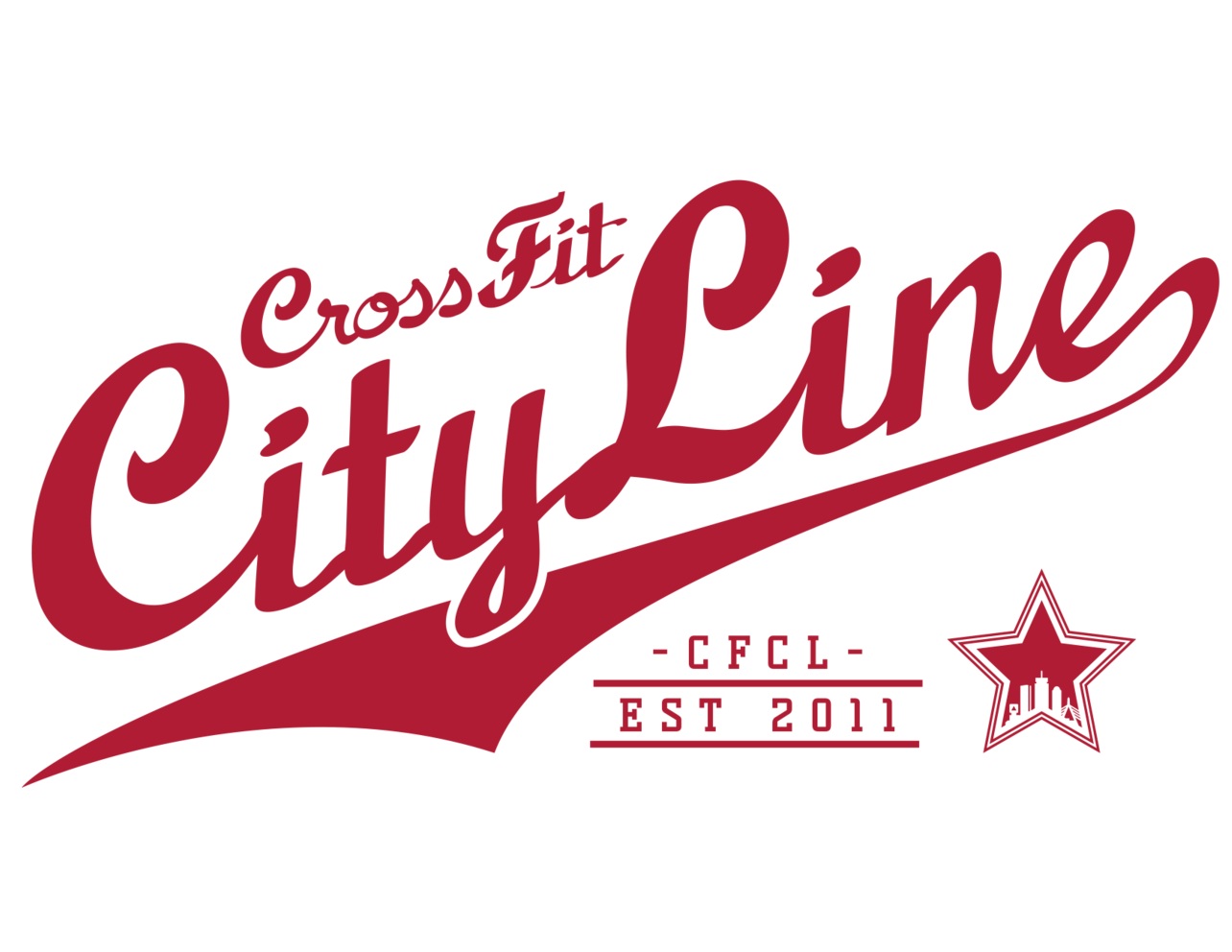The One Change That Makes the Biggest Difference
-By Coach Rachel
There is one change that we can make that will impact every aspect of our lives in a positive way. It will make our relationships better, it will give us clear paths towards our goals, and it will empower us to do what must be done in order to transform ourselves, our lives, and our worlds.
The one change is taking ownership, and there are only two steps to taking ownership:
- Remove self-imposed obstacles.
- Make and follow a plan.
Self-imposed obstacles come in two forms: complaints and excuses.
Complaining
Complaining is a national past time, one that I recognize is a source of conversational fodder and entertainment for all of us. Complaining begets drama, and drama is a distraction from what we have control over. It focuses us on the negative, drawing us further from finding solutions to the roadblocks before us.
Addressing the issues we complain about requires that we recognize what we can change.
Things we can change:
- Our habits
- Our priorities
- Our focus
Things we cannot change:
- Other people.
- The weather.
- The Earth’s rotational axis.
- What Coach Mat programs for tomorrow.
- Bird migratory patterns.
When we learn to recognize what we can and cannot change, our relationship to the problems in our lives changes. We can change our habits and priorities: for example, by making mobilizing or nutrition a higher priority, we change how our body performs. We can also change what we choose to focus on. There are certainly some problems in our lives that are upsetting. Ill family members, neighbors who take our shoveled out parking spot, world hunger, the list of things in the world that are imperfect could go on for hundreds of pages. Yet the only thing that we can control is our response to these things, both externally and internally. A problem that is out of our control is one that we must either release (a bad job or a bad relationship) or one that we will have to find a new way to relate to (parking spot thieving, medical diagnosis).
Excuses
A phrase that is all too common is, “I don’t have time.” One of the best pieces of advice I’ve received was to change that phrase into, “That is not a priority.”
How does that change the relationship we have to our priorities?
“I don’t have time to work out,” becomes, “Working out is not a priority.” That may be true for very good reasons: perhaps we’re taking care of an ill family member or we have an important work deadline. Sometimes, “working out is not a priority” may be true for reasons that need more examination: perhaps we often prioritize other things over caring for ourselves, like caring for others or watching television for hours each night.
Said often enough, “that is not a priority,” empowers us to examine our priorities and to own them. There is no judgment behind “that is not a priority” if we know that our other priorities do, in fact, belong closer to the top of the list.
Making and Following a Plan
Once our self-imposed obstacles are removed, the path is open, and making the plan gives us the first steps down the path.
Sometimes, a problem feels too big to tackle on our own, or we’ve tried and we haven’t yet been successful at finding a solution. That’s when bringing the problem to a friend or expert is the next step. An outside perspective can be invaluable, shedding light on possibilities we had not considered.
When we find that following the plan is the most challenging part of solving a problem we’re having, examining why is critical for moving forward. Perhaps we become impatient when success is not forthcoming, or perhaps we take on too many priorities. Whatever the reason, it is the next roadblock to examine, whether on our own or with an expert.
Feeling stuck is a given in life, something that everyone has experienced. We must remember that we always have a choice, because contentment comes from recognizing the power we hold over our circumstances. Our mindset, positive and focused on what we can control and change, and our response, creating and implementing a plan, are the two things we can control, and they are more powerful than we realize. If you make only one change this year, take ownership of every problem before you.
Your coaches are waiting to help you reach your goals and come up with a plan for success!

